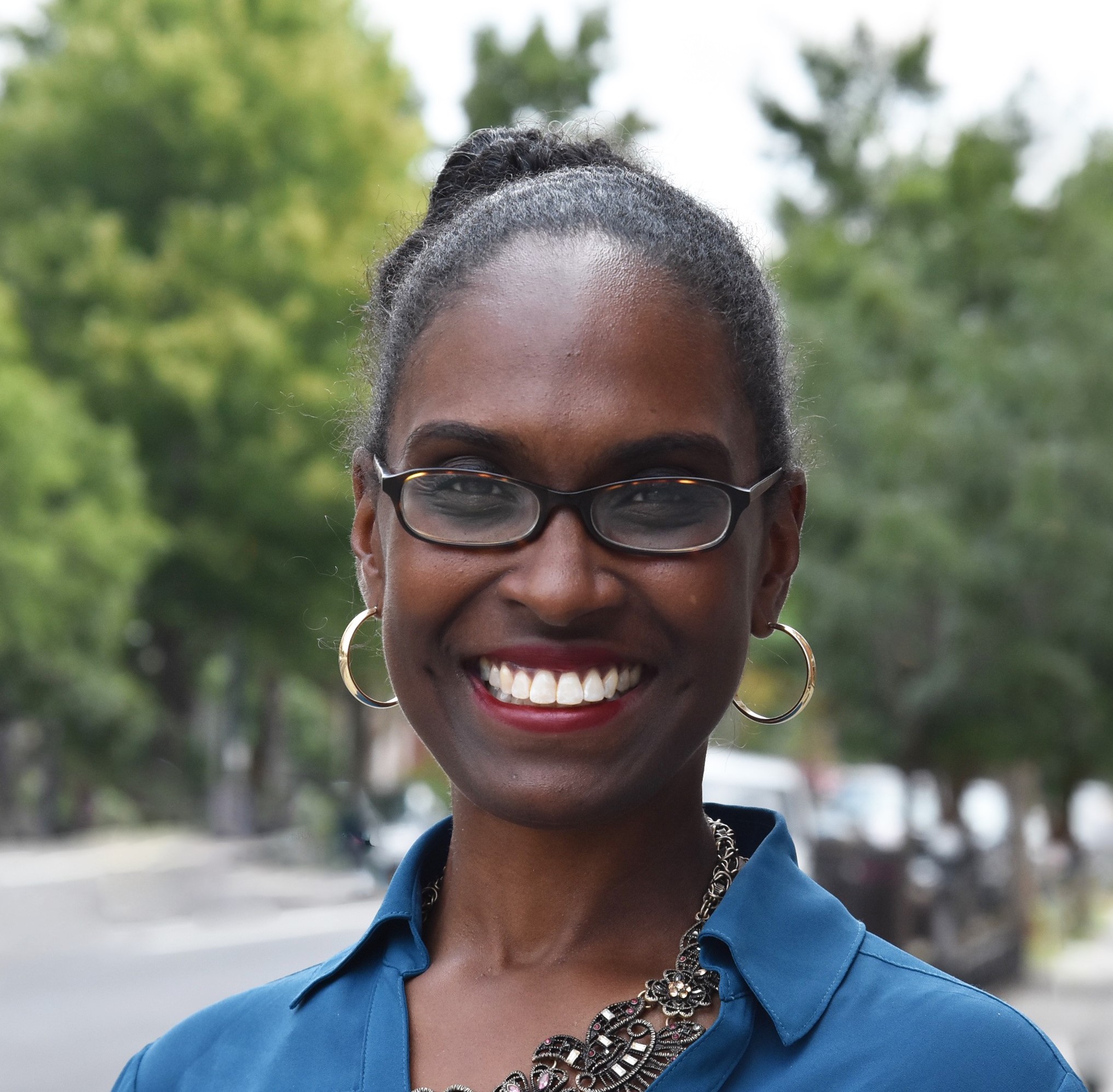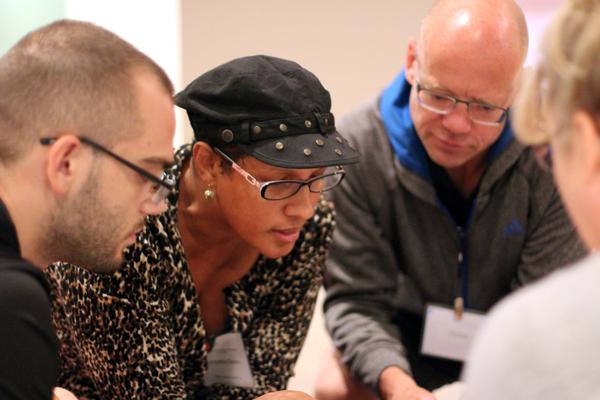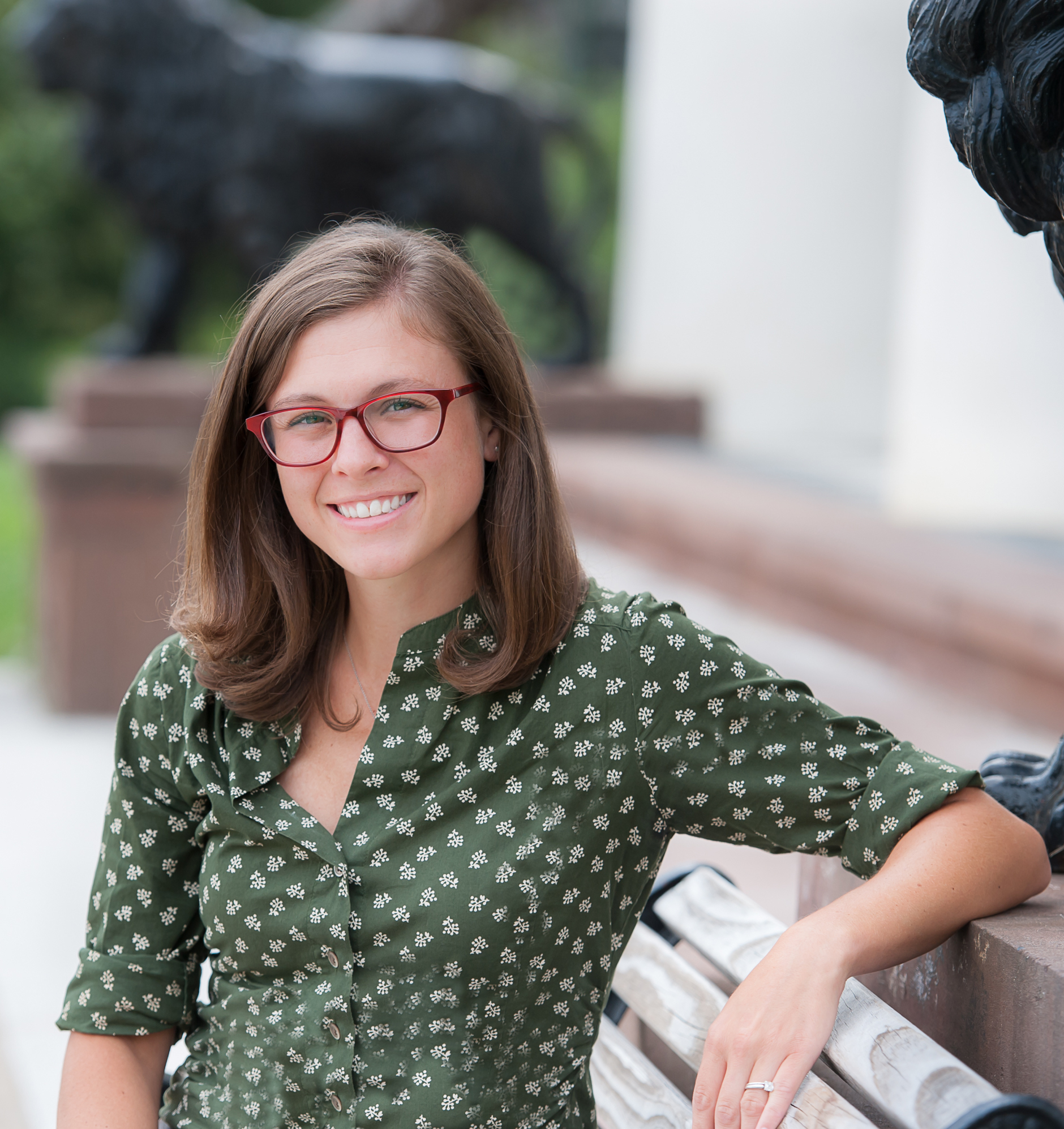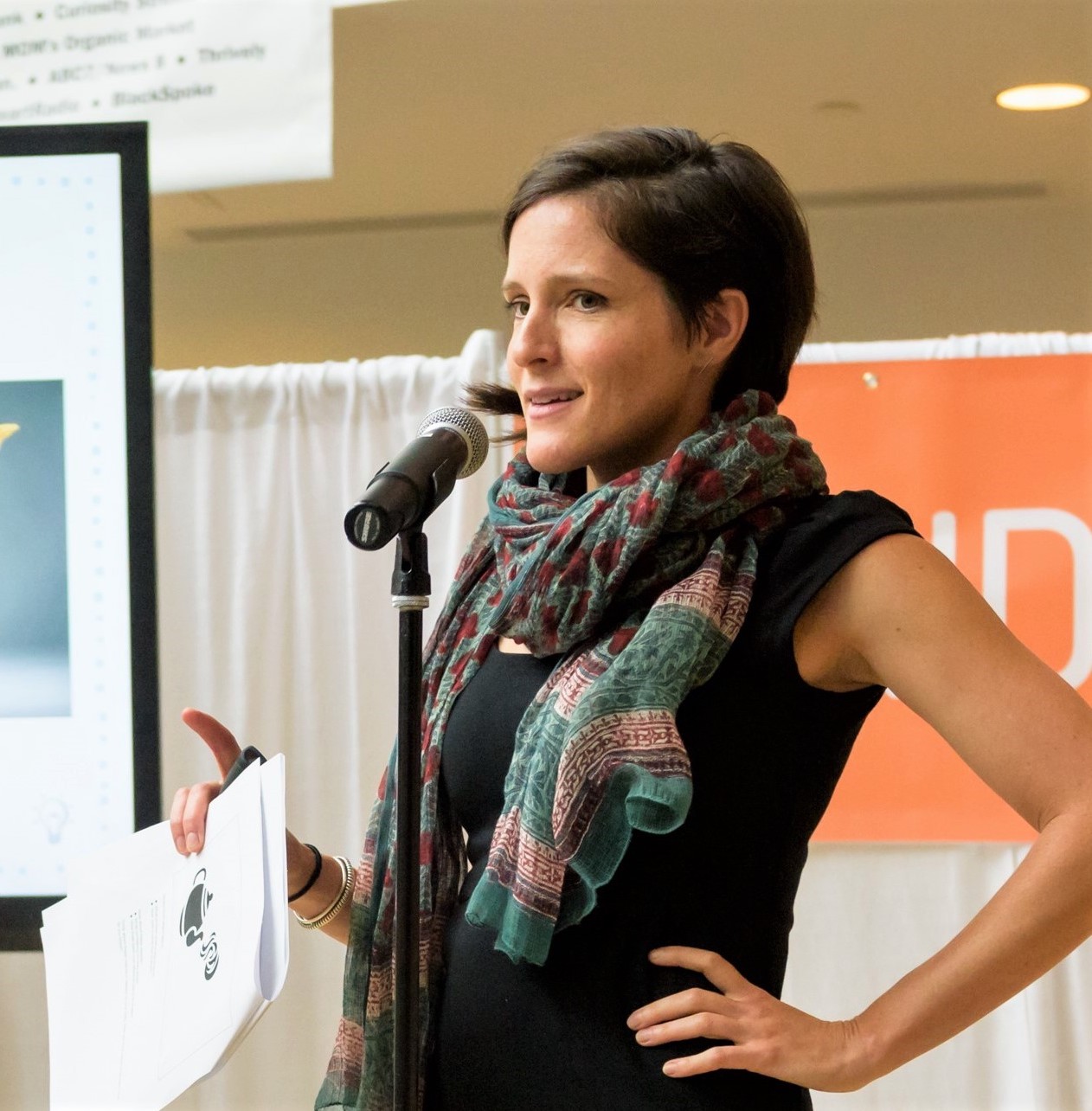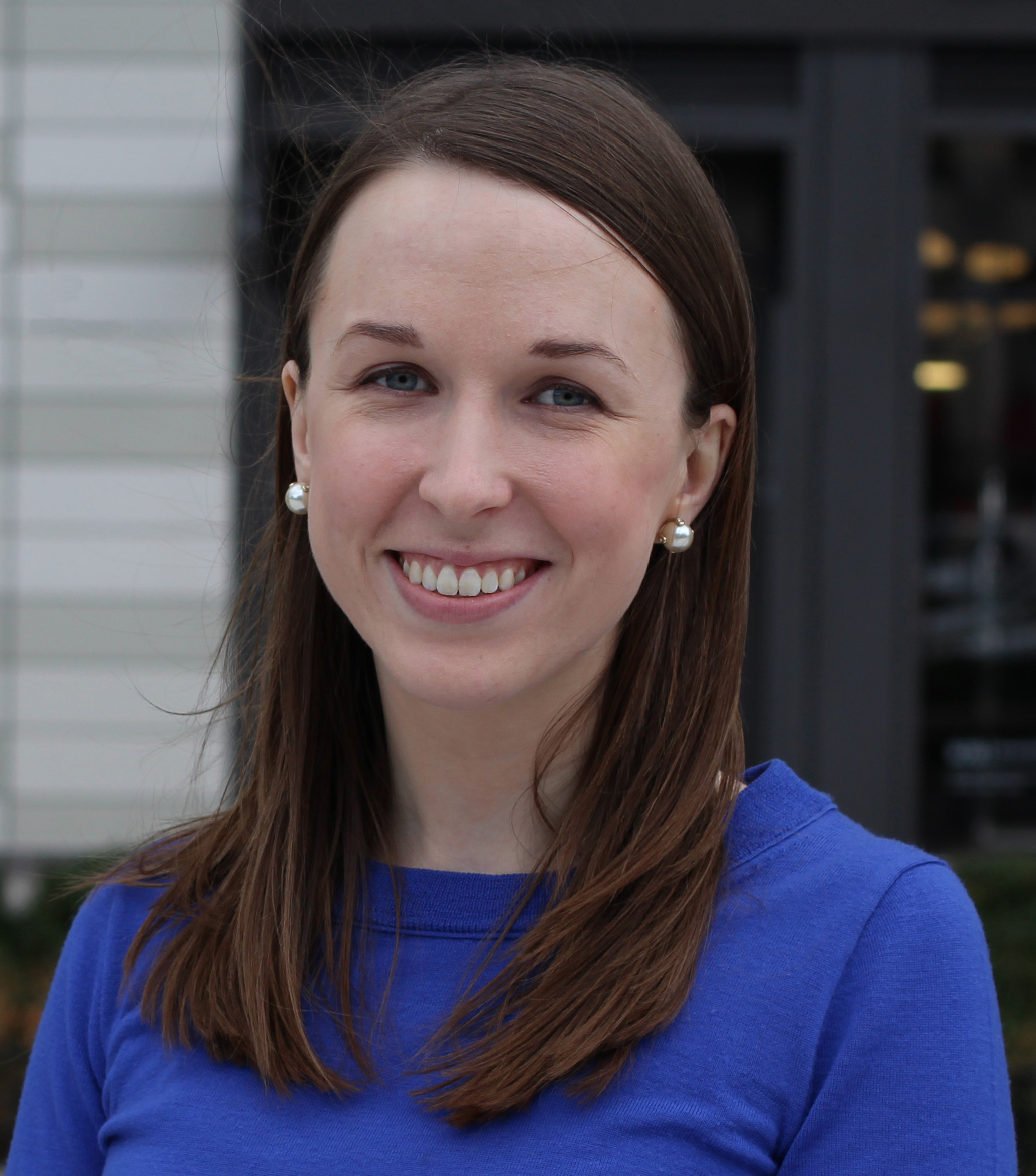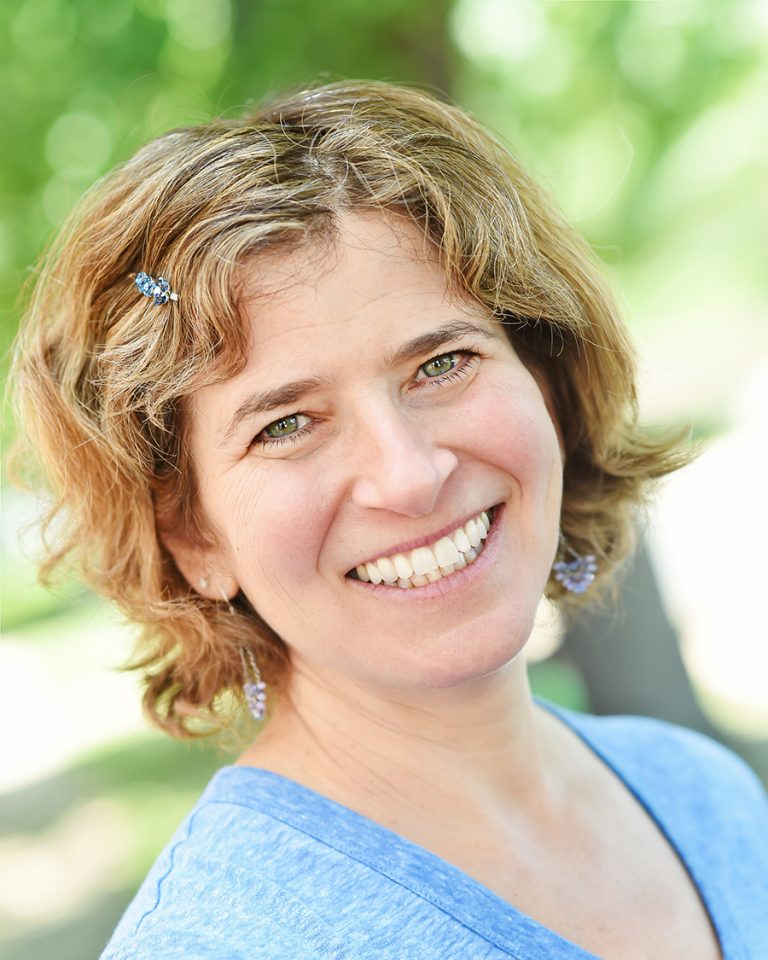Course Dates and Registration Completion
The live sessions in this course begin July 20 and end July 24. Once you have enrolled, please click on the view course button and respond to the questions on the Course Introduction page to complete your registration. For questions about registration, please email us at smithsonianx@si.edu
Who Will You Learn From?
Course staff represent the following Smithsonian units:
- National Museum of African American History and Culture
- National Museum of American History
- National Portrait Gallery
- Smithsonian American Art Museum
- Smithsonian Center for Learning and Digital Access
Who Should Attend?
Teachers of all subjects and grades are welcome to register. The program content will be most readily applicable to humanities teachers.
What Will Participants Accomplish?
- Gain expertise from educators from multiple Smithsonian museums through live webinar sessions
- Build a new support network of peers in a collaborative study group
- Explore inquiry-based strategies for integrating museum objects and works of art into your teaching, whether in the classroom or online
- Learn to use the Smithsonian Learning Lab to curate digital resource collections and share lesson ideas
What is Required of Participants?
Registered participants will be expected to attend live content sessions delivered through Zoom each day, as well as a daily virtual meeting with a small study group to reflect on sessions and discuss ideas for classroom implementation. Meetings and live sessions will take place between the hours of 11:00 a.m. and 4:30 p.m. EDT daily, with breaks between sessions. Sessions will be no longer than one hour each. Three to four hours of synchronous learning will be offered each day.
Participants will also be expected to create a digital resource collection using the Smithsonian Learning Lab, and share lesson ideas with their study group on Friday.
We recommend that participants use a computer equipped with a microphone and webcam, but if that is not available, participants may dial into meetings using a phone.
Participants will receive a certificate documenting their participation, including the number of professional development hours, upon completion of the course.
Course Staff
National Museum of African American History and Culture
Candra Flanagan
Candra Flanagan is the staff lead for the Teaching and Learning unit of the Education Department at the National Museum of African American History and Culture. In this current role she oversees the development of programming and resources to assist educators in incorporating African American history in their classroom; researches and creates educational publications for use by the general public and educators; and strategizes the role of NMAAHC in the professional development of educators. Candra is dedicated to establishing research-based, audience-appropriate K-12 initiatives for educators and students. With a degree in History from the University of Maryland College Park, a degree in Social Foundations of Education and advanced coursework Educational Policy from the University of Virginia, she is passionate about the intersection between formal and informal learning as well as cultivating and encouraging life-long learning in educators.
Ariel Gory
Ariel Gory is the Lead Education Specialist for Early Childhood Programs at the National Museum of African American History and Culture where she designs programs for children, ages 0 to 8, and their families. Her work connects children to history through objects with the goal of supporting the development of healthy racial identities, joy in human diversity and the ability to advocate for justice. Previously, Ariel designed National Museum of American History’s first programs for early learners, Museum ABCs and History Time. While at NMAH, Ariel collaborated with the UMD Center for Early Childhood Education and Intervention (CECEI) to develop an iTunes U pre-K curriculum for Maryland students and traveled across the country as a part of the Smithsonian Let’s Do History Tour leading teacher professional development workshops. Ariel holds a B.A. in Art History from UC Santa Barbara, a M.A.T. in Museum Education from The George Washington University and is a 2018 graduate of The Getty Leadership NextGen program.
National Museum of American History
Abby Pfisterer
Abby Pfisterer is the Education Specialist at the Smithsonian's National Museum of American History. She leads the development of resources and programs that use history to foster civic learning and engagement among K-12 students nationwide. She has over ten years of experience working in formal classroom and informal learning settings at museums and historic sites, focusing on progressive education and audience-driven program development. Ms. Pfisterer holds degrees in History, Political Science and Education from Colorado State University and a Master’s degree in Business Administration from the University of Massachusetts. She has also held secondary social studies education licensure, teaching in middle and high school social studies classrooms in Greeley and Fort Collins, Colorado.
Orlando Serrano
Orlando Serrano manages the National Museum of American History’s educational programs for young people and educators. He supports and develops informal educational and leadership experiences for students, professional development workshops for educators, and curriculum content. Dr. Serrano is an experienced educator with expertise in teacher professional development, assessment, instruction, and educational technologies.
Dr. Serrano’s research and writing have been funded by a Ford Foundation Fellowship as well as National Science Foundation and NSF EDGE-SBE Grants.
National Portrait Gallery
Ashleigh D. Coren
Ashleigh D. Coren is the Women’s History Content and Interpretation Curator at the National Portrait Gallery, and is also an adjunct lecturer for the University of Maryland’s College of Information Studies. She holds a BA in Art and Visual Culture from Bates College, and an MS in Archives Management from Simmons College.
Briana Zavadil White
Briana Zavadil White oversees the Smithsonian National Portrait Gallery’s education programs, which serves the museum’s access, teen, youth and family, and student and teacher audiences. Inquiry and object-based learning provide the foundation for education programs at the museum. The Portrait Gallery’s programs, gallery experiences, and workshops start with the premise that by reading portraiture, visitors can springboard into rich conversations about biography, history, and art. By modeling learning to look strategies, unique ways to engage in portraiture, the education team hopes visitors will slow down and look closely in order to spark meaning making. Briana holds a B.A. in psychology, with a minor in art history, from the University of Virginia and a M.A.T. with a concentration in museum education from George Washington University.
Smithsonian American Art Museum
Elizabeth Dale-Deines
Elizabeth Dale-Deines is Teacher Programs Coordinator at the Smithsonian American Art Museum. Since 2014, she has taught DC-area educators and students how to engage with artworks as rich texts and provocation of deeper inquiry. She has presented at regional and national conferences on interdisciplinary education and has collaborated closely with a local research project of Harvard Graduate School of Education’s Project Zero. Elizabeth served as American Art’s Distance Learning Coordinator between 2010 and 2014, bringing the Museum’s collection to lifelong learners in the States and dependents of American military personnel around the world via videoconference. Elizabeth has a B.A. in psychology from the University of Virginia and an M.A.T. in museum education from the George Washington University.
Phoebe Hillemann
Phoebe Hillemann is the Teacher Institutes Educator at the Smithsonian American Art Museum. She manages the Museum’s annual week-long summer teacher institutes, focused on integrating art across the curriculum to bolster critical thinking and content learning. Her work also involves delivering live, interactive webinars for teachers, presenting at national and regional education conferences, and inquiry-based teaching in the Museum’s galleries with students and teachers. Phoebe has a B.A. in art history from Kenyon College, and an M.S. Ed. in Leadership in Museum Education from Bank Street Graduate School of Education.
Smithsonian Center for Learning and Digital Access
Tess Porter
Tess Porter is the Digital Content Producer at the Smithsonian Center for Learning and Digital Access, where she focuses on the use of digital museum resources to deepen learning. Her work on the Smithsonian Learning Lab, an online platform for the creative and educational use of millions of museum resources, involves the research and creation of interactive learning experiences on history, art, and culture for projects both within the Smithsonian and in collaboration with other institutions, and the training of educators and others on how to create their own customized content on the Lab.
Philippa Rappoport
Philippa Rappoport is the is the Manager of Community Engagement at the Smithsonian Center for Learning and Digital Access, and in this capacity produces a range of community digital education and professional development projects, locally and nationally. She works to create digital assets for educators, schools, families, and new immigrant English Language learners, including Smithsonian Learning Lab teaching collections, YouTube videos with curators, educators, and tradition bearers, a handmade family stories book-making website, and online heritage tours. Philippa has a Ph.D. in Slavic Folklore and Linguistics, and teaches Russian Culture at George Washington University.
